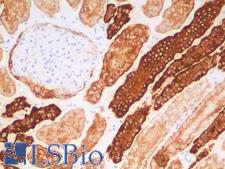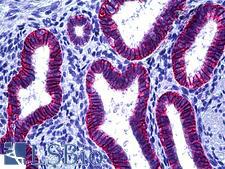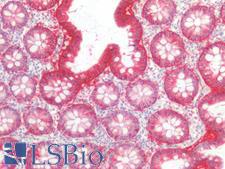Login
Registration enables users to use special features of this website, such as past
order histories, retained contact details for faster checkout, review submissions, and special promotions.
order histories, retained contact details for faster checkout, review submissions, and special promotions.
Forgot password?
Registration enables users to use special features of this website, such as past
order histories, retained contact details for faster checkout, review submissions, and special promotions.
order histories, retained contact details for faster checkout, review submissions, and special promotions.
Quick Order
Products
Antibodies
ELISA and Assay Kits
Research Areas
Infectious Disease
Resources
Purchasing
Reference Material
Contact Us
Location
Corporate Headquarters
Vector Laboratories, Inc.
6737 Mowry Ave
Newark, CA 94560
United States
Telephone Numbers
Customer Service: (800) 227-6666 / (650) 697-3600
Contact Us
Additional Contact Details
Login
Registration enables users to use special features of this website, such as past
order histories, retained contact details for faster checkout, review submissions, and special promotions.
order histories, retained contact details for faster checkout, review submissions, and special promotions.
Forgot password?
Registration enables users to use special features of this website, such as past
order histories, retained contact details for faster checkout, review submissions, and special promotions.
order histories, retained contact details for faster checkout, review submissions, and special promotions.
Quick Order
PathPlusTM EPCAM Antibodies
EPCAM (TACSTD1) is an epithelial membrane glycoprotein involved in cell adhesion that is present on the surface of a variety of epithelial cells. It is expressed in a wide variety of cancers, including: basal cell carcinomas, mammary Paget disease, lung adenocarcinomas, trichoepitheliomas, dermatofibromas, basal-cell carcinomas, cholangiocarcinomas, colorectal carcinomas, and carcinomas of prostate, ovary, endometrium, head and neck, and thyroid. EPCAM is useful for distinguishing epithelial cells (positive) from mesothelial cells (negative). It has also been implicated in the progression of individuals with Lynch Syndrome who hold inherited deletions in the gene. These deletions lead to silencing of the adjacent repair gene MSH2 via transcriptional read-through, which then causes microsatellite instability and colorectal cancer (as well as other malignancies that also frequently arise from Lynch Syndrome). MOC31 and BerEP4 are common monoclonal antibodies to this target.
References: JClinPathol 1990,43:213; Acta Neuropathol 1991, 83:46; Dai, 2017; Baeuerle, 2007; Kempers 2010; ModPath 2002, 15:1279
3 PathPlusTM Antibodies



☰ Filters
Products
Antibodies
(3)
Type
Primary
(3)
Target
EPCAM
(3)
Reactivity
Human
(2)
Application
IHC
(1)
IHC-Fr
(1)
IHC-P
(3)
WB
(1)
Flo
(1)
IF
(1)
Host
rabbit
(2)
mouse
(1)
Product Group
PathPlus Cancer
(3)
PathPlus Cancer Pathology
(3)
Isotype
IgG
(1)
IgG1
(1)
Clonality
monoclonal mc
(1)
polyclonal pc
(1)
recombinant monoclonal rmc
(1)
Clone
EGP40/1556R
(1)
MOC-31
(1)
Format
Concentrated
(1)
Unconjugated
(3)
Publications
No
(3)

Cancer Pathology
Cancer
EPCAM Rabbit anti-Human Recombinant Monoclonal (EGP40/1556R) Antibody
Human
Flo, IF, IHC-P
Unconjugated
100 µg/$525

Cancer Pathology
Cancer
EPCAM Mouse anti-Human Monoclonal (Concentrated) (MOC-31) Antibody
Human
IHC, IHC-Fr, IHC-P, WB
Unconjugated, Concentrated
0.1 ml/$375

Cancer Pathology
Cancer
Fast Shipping
EPCAM Rabbit anti-Human Polyclonal Antibody
IHC-P
Unconjugated
50 µg/$395
Viewing 1-3
of 3
product results











